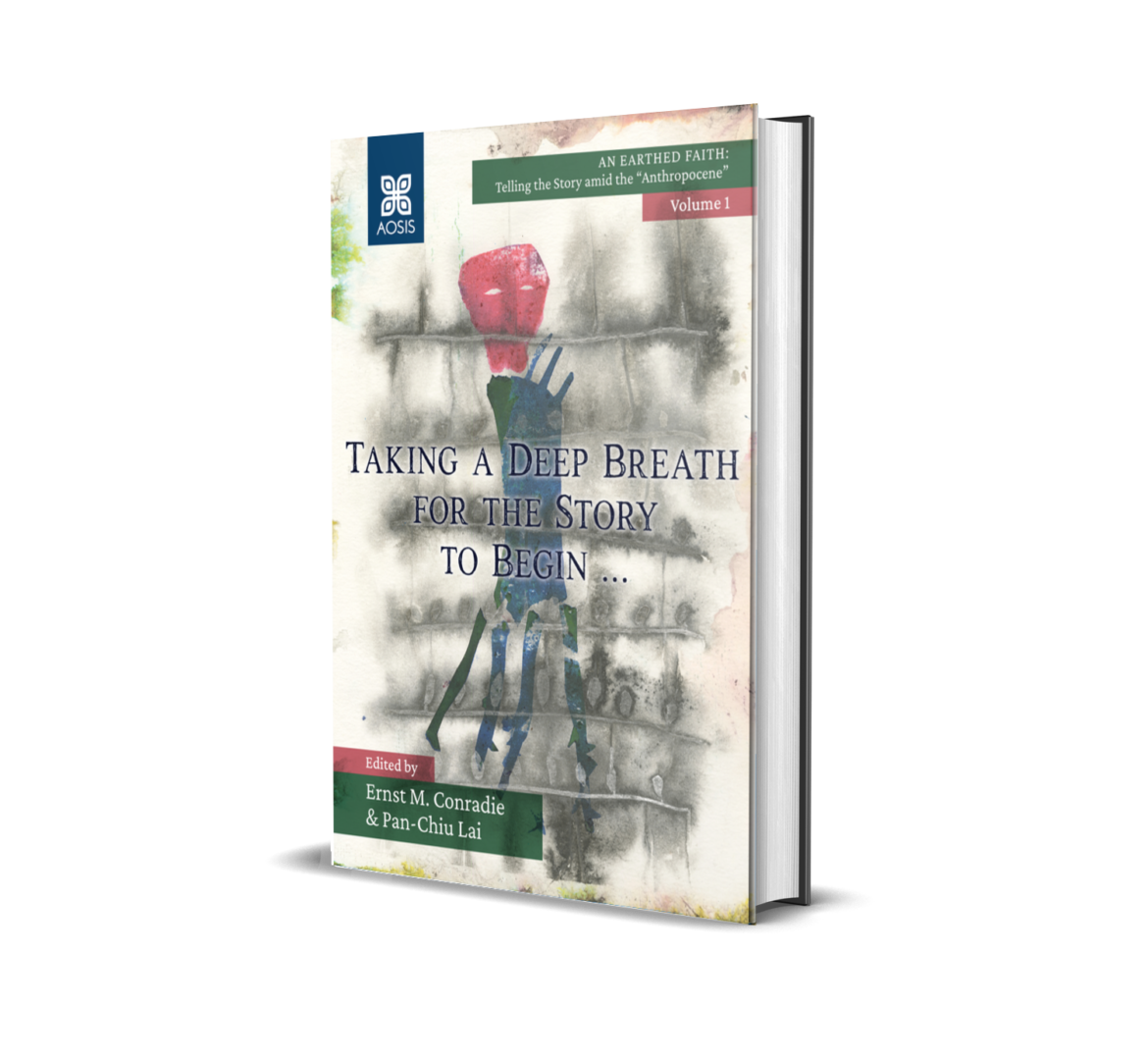This first volume, Taking a Deep Breath for the Story to Begin …, published by AOSIS Scholarly Books, in the proposed series will address some preliminary issues that are typical of a ‘prolegomena’ in any systematic theology. The book, Taking a Deep Breath for the Story to Begin …, will focus on the following question: ‘How does the story of who the Triune God is and what this God does relate to the story of life on Earth?’ Or: ‘Is the Christian story part of the earth’s story or is the earth’s story part of God’s story, from creation to consummation?’ This raises many issues on the relatedness of religion and theology, the place of theology in multi-disciplinary collaboration, the notion of revelation, the possibility of knowledge of God, the interplay between convictions and narrative accounts, hermeneutics, the difference between natural theology and a theology of nature, and the role of science vis-à-vis indigenous worldviews.
Copyright (c) 2021 Ernst M. Conradie , Pan-Chiu Lai (Volume editor)
The proposed multi-volume series is remarkably important and timely. It comes just at the point when scientists themselves say that the planetary emergency they document must be addressed as a deeply moral and spiritual matter. Science as science cannot do that. The need for, and depth of, moral and spiritual address is now rather widely acknowledged in other quarters as well. Indeed, in four decades of teaching Christian social ethics I have never seen consensus emerge so quickly and so broadly that we must now disinter all the big human questions of origin, destiny, identity and way of life so as to take up anew the meaning-making, story-making work essential for our earthly salvation and the future of the community of life. We need a different template of truth than the one consumer capitalism has stamped on Earthly reality everywhere. And while Bill McKibben can say, ‘This is a moment for which the church was born’, it is also a moment for which the church is not well-prepared. The church must of needs think through again the essentials of its own faith and traditions if it is to play its part in helping craft viable narratives and practices for the Anthropocene. In a word, the proposed series promises to help provide what is clearly mandated by the extraordinary times in which we live and by the church’s own vocation. I enthusiastically endorse it.
Prof. Larry Rasmussen, Union Theological Seminary, New York City, NY, United States of America

